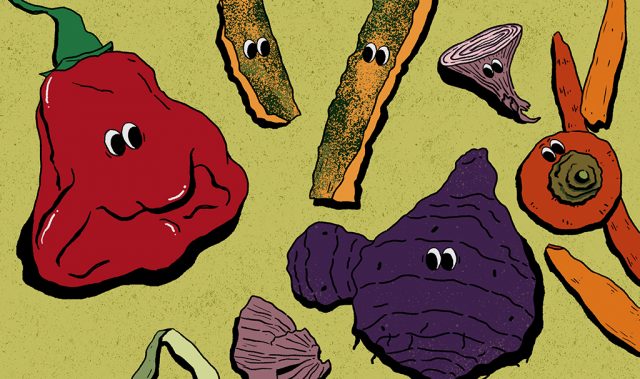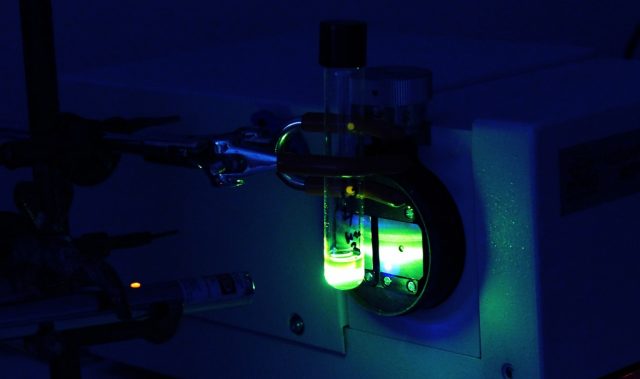
AsianScientist (Apr. 10, 2011) – Tea has for generations been an integral infusion worldwide, carrying both epicurean and economic significance. But does it impart health benefits?
Dr. Chwan-Li (Leslie) Shen, an associate professor and a researcher at the Laura W. Bush Institute for Women’s Health at the Texas Tech University Health Sciences Center, is convinced that the answer to this question is a resounding yes – especially if the tea is of the “green” variety.
Green tea, historically consumed in the Orient and now an international mainstay, is chock full of compounds called polyphenols known for their potent antioxidant activity.
Dozens of epidemiological studies have shown that people who consume the highest levels of green tea polyphenols (GTP) tend to have lower risks of several chronic degenerative diseases such as cardiovascular disease and osteoporosis.
Originally from Taiwan, Shen’s studies focuses on how and why some Eastern lifestyle norms (such as drinking green tea) might be beneficial for Westerners as well. She believes this may have something to do with lowering chronic levels of inflammation.
Here, she focused on postmenopausal women and investigated the potential for green tea to work synergistically with tai chi – a traditional Chinese form of moderately intense aerobic fitness activity grounded in mind-body philosophy – in enhancing bone strength.
The results of this work, which was funded by the NIH/National Center for Complementary and Alternative Medicine, was presented as a poster at the Experimental Biology meetings today.
171 postmenopausal women (mean age, 57 years) who had weak bones but not full-fledged osteoporosis took part in the study. Subjects were either told to take a starch pill placebo or a green tea polyphenol pill (500 mg per day). They were also instructed to either practice tai chi three times a week or to avoid so.
At 6 months, their blood and urine samples were collected and their muscle strength assessed.
The study results showed that consumption of GTP (at a level equivalent to about 4-6 cups of steeped green tea daily) and participation in tai chi independently enhanced markers of bone health by 3 and 6 months, respectively.
A similar effect was found for muscle strength at the 6 month time point. Participants taking tai chi classes also reported significant beneficial effects with their emotional and mental health.
Perhaps most remarkable, however, was the substantial effect that both GTP and tai chi had on biological markers of oxidative stress. Because oxidative stress is a main precursor to inflammation, the team’s findings suggest that green tea and tai chi may help reduce the underlying etiology of not only osteoporosis, but other inflammatory diseases as well.
Dr. Shen and colleagues hope to complete a longer-term study utilizing more technical measures of bone density.
———
Source: Federation of American Societies for Experimental Biology.
Disclaimer: This article does not necessarily reflect the views of AsianScientist or its staff.












